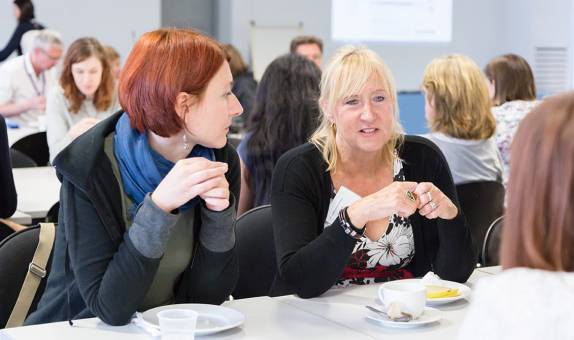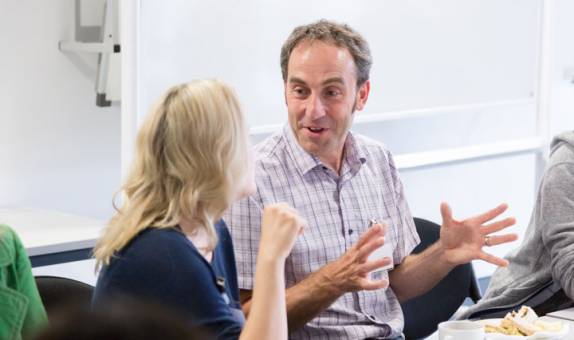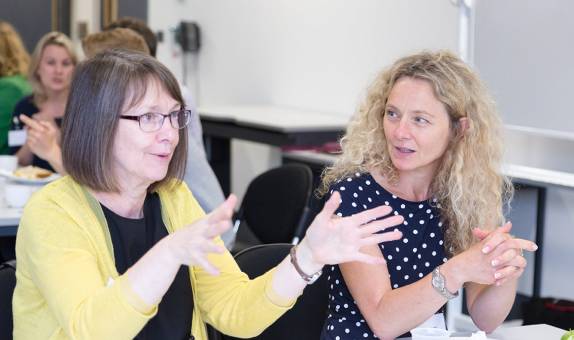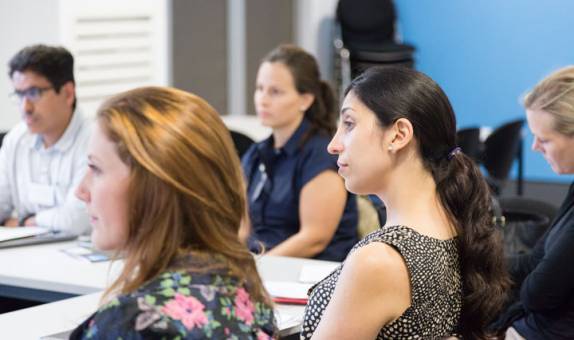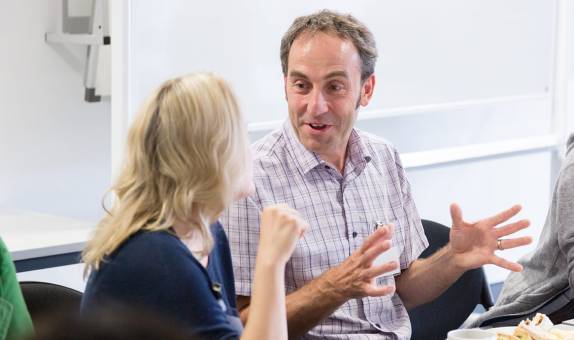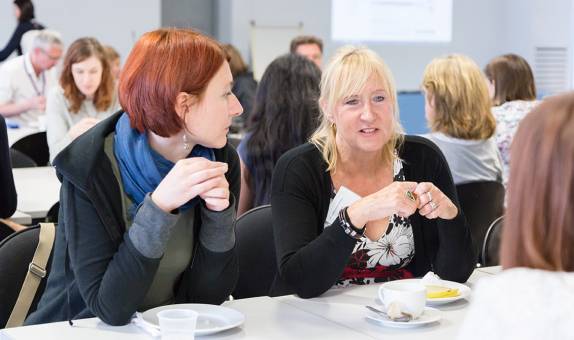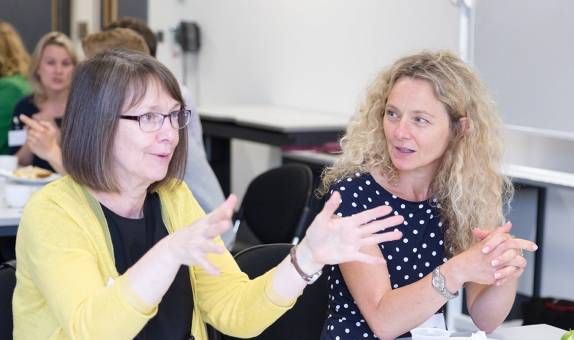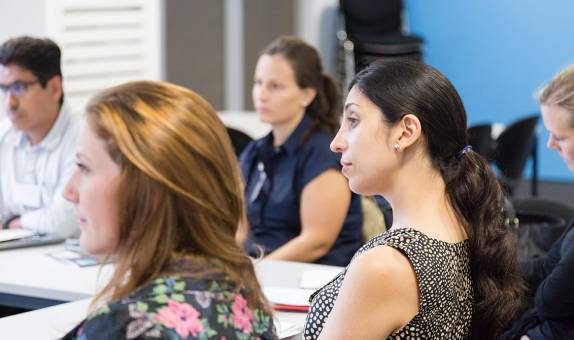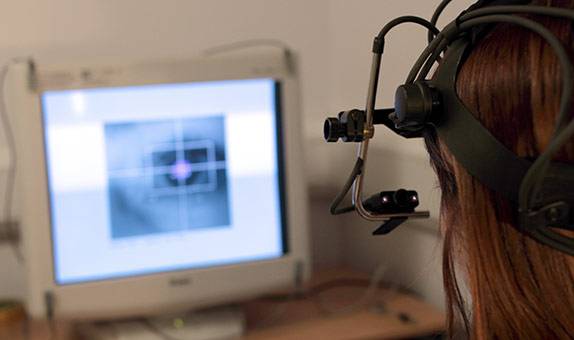Research in the Department of Psychology
The psychology department has seen significant investment in research facilities and it has appointed outstanding researchers in a wide range of fields. The laboratories offer a variety of technical equipment (e.g. eye tracking systems EyeLink and Tobii, BioPac, driving simulator, EEG, tDCS, behavioural telemetry), software (e.g. Qualtrics, MatLab, Eprime, SuperLab), and audio-visual facilities. The department has over 26 registered PhD students and now offers five postgraduate masters programmes.
Staff are passionate about their work and publish in renowned international journals (e.g. Proceedings of the National Academy of Sciences, The Journal of Experimental Psychology, Experimental Brain Research, Journal of Vision, Current Biology, Cognition, Psychopharmacology, PLoS ONE, The British Journal of Psychiatry). Many publications achieved high national and international impact via mentions in Nature, The Sunday Times, BBC Radio 4, and Times Higher Education, among others.
Over the last five years, the department has secured research funds in excess of £1m, from The Economic and Social Research Council, The Leverhulme Trust, The British Academy, The Qatar National Research Fund, The European Commission, Alcohol Research UK, The European Foundation for Alcohol Research, The Fetal Medicine Foundation, Sanofi-Pasteur, and The National Grid.
Research impact
The key beneficiaries of our research have been charities, local government, schools and social enterprises, and our goal has been to extend the reach of our research from the local community outwards. Some examples of projects include:
Ethnicity and healthcare provision
Research at Kingston aims to improve the communication and uptake of health interventions among ethnic minorities. For example, Dr Tushna Vandrevala's team produced a culturally-tailored educational intervention to raise awareness of viral hepatitis and its testing and address related barriers in a manner sensitive to the needs of this group.
Bullying and cyberbullying
Kingston researchers investigate the impact of bullying and cyberbullying on adolescents and young adults. The research is led by Professor Muthanna Samara and Dr Aiman El Asam.
Improving the well-being of refugee children
Professor Muthanna Samara's research also addresses toxic stress and PTSD in refugee children, research that was showcased in a recent collection of reports funded by World Innovation Summit for Health (WISH) and published by the British Medical Journal.
Improving pre-natal care
Professor Ana Nikcevic's research (supported by the Fetal Medicine Foundation) examined the psychological impact of screening for preterm preeclampsia (PE) and participation in the Aspirin for Evidence-Based Preeclampsia Prevention (ASPRE) trial on women's experience of pregnancy.
Behavioural aspects of doping in sports
Professor Andrea Petroczi conducts research into the behavioural aspects of doping in sports in conjunction with the World Anti-Doping Agency (WADA), which has led to the development of psychometric measures and novel methodologies that have been incorporated into WADA's education policies and practice.
Art exhibitions based on community issues
Psychology students curate pop-up exhibitions linked to problems or issues affecting the London communities. The first of such exhibitions was "Paper Boats" at Stanley Picker Gallery. (Students' supervision: Gallery staff and Dr. Fatima M Felisberti)
Public engagement activities
A series of different activities are organized to engage with the community outside academia. Some examples:
- A Sensory Walk through Self-Perception: Dr Fatima M Felisberti led a walk through a London park discussing the human sensory system in a real scenario.
Science Museum
The researchers recorded children's eye movements while manipulating different objects to learn more about how visuo-spatial abilities develop as we grow older and whether there are any strategies that lead to better performance (Dr Elisa Back, and Dr Sabira Mannan).
How to apply
To apply, please ensure you select the exact qualification, start date and mode of attendance which can be found here.



